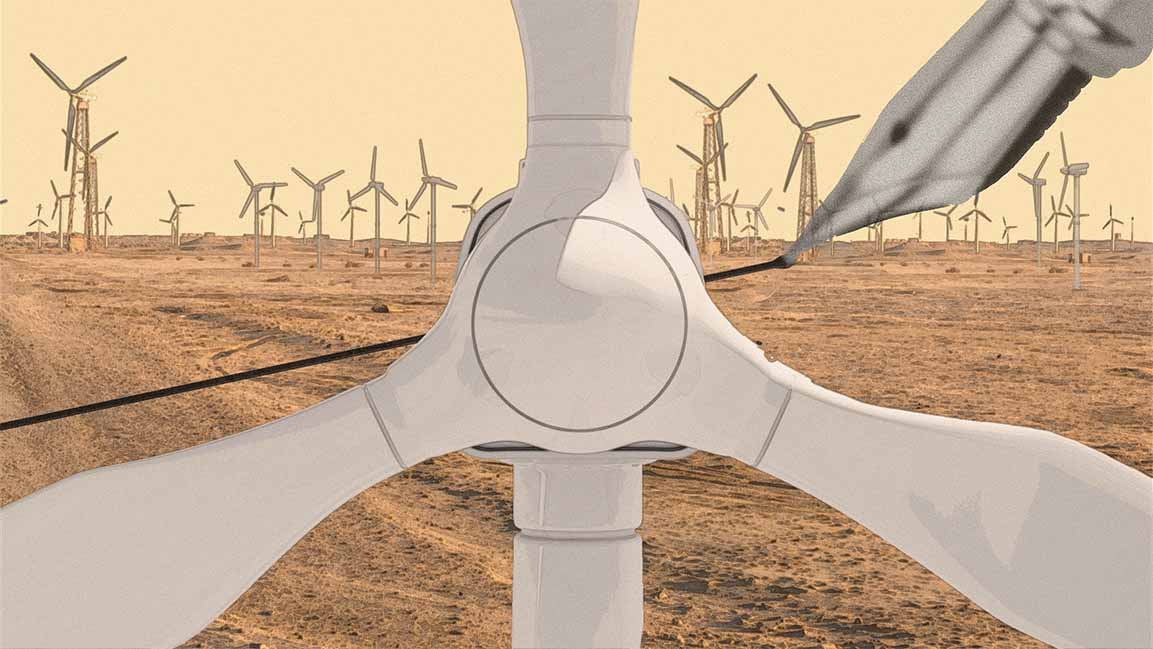- | 2:00 pm
UAE’s Masdar to build $10 billion wind farm in Egypt
The wind project has potential to create job opportunities and reduce emissions

Egypt’s renewable energy industry is growing fast, adding more value to its economy and accelerating its green transition.
Recently, Abu Dhabi Future Energy Company, also known as Masdar, along with Africa’s Infinity Power and Hassan Allam Utilities are taking a step forward to building a 10-gigawatt capacity onshore wind farm in Egypt, projected to be valued at over $10 billion.
As part of the country’s push to increase renewable energy production, the energy and investment firms have signed an agreement with Egypt’s New and Renewable Energy Authority to secure land to build the wind farm, set to be one of the largest in the world.
The landmark wind project is set to produce 47,790 GWh of clean energy annually and reduce around 9% of Egypt’s annual carbon emissions by displacing 23.8 million tonnes of carbon dioxide annually.
Dr. Sultan Al Jaber, UAE Minister of Industry and Advanced Technology, Chairman of Masdar, and COP28 President-Designate, commended the onshore wind project, a “sign of the strong partnership” between UAE and Egypt, with great potential for job creation, reducing emissions and powering homes with clean electricity.
“Projects like these will support the global efforts to reduce the impact of climate change and help keep the ambition of 1.5 intact while enabling significant socio-economic growth. The UAE looks forward to hosting COP28; we continue to stand shoulder-to-shoulder with the Global South in their efforts to decarbonize and secure a just energy transition,” he said while stressing initiatives to meet the goals of the Paris Agreement.
Egypt’s Minister for Electricity and Renewable Energy, Dr. Mohamed Shaker El Markabi, noted that the project aligns with Egypt’s 2030 energy strategy and the National Climate Strategy 2050 to mitigate the challenges of climate change.
The country aims to source 42% of its energy from renewable sources by 2030, with its current renewable energy component about 20%.
































